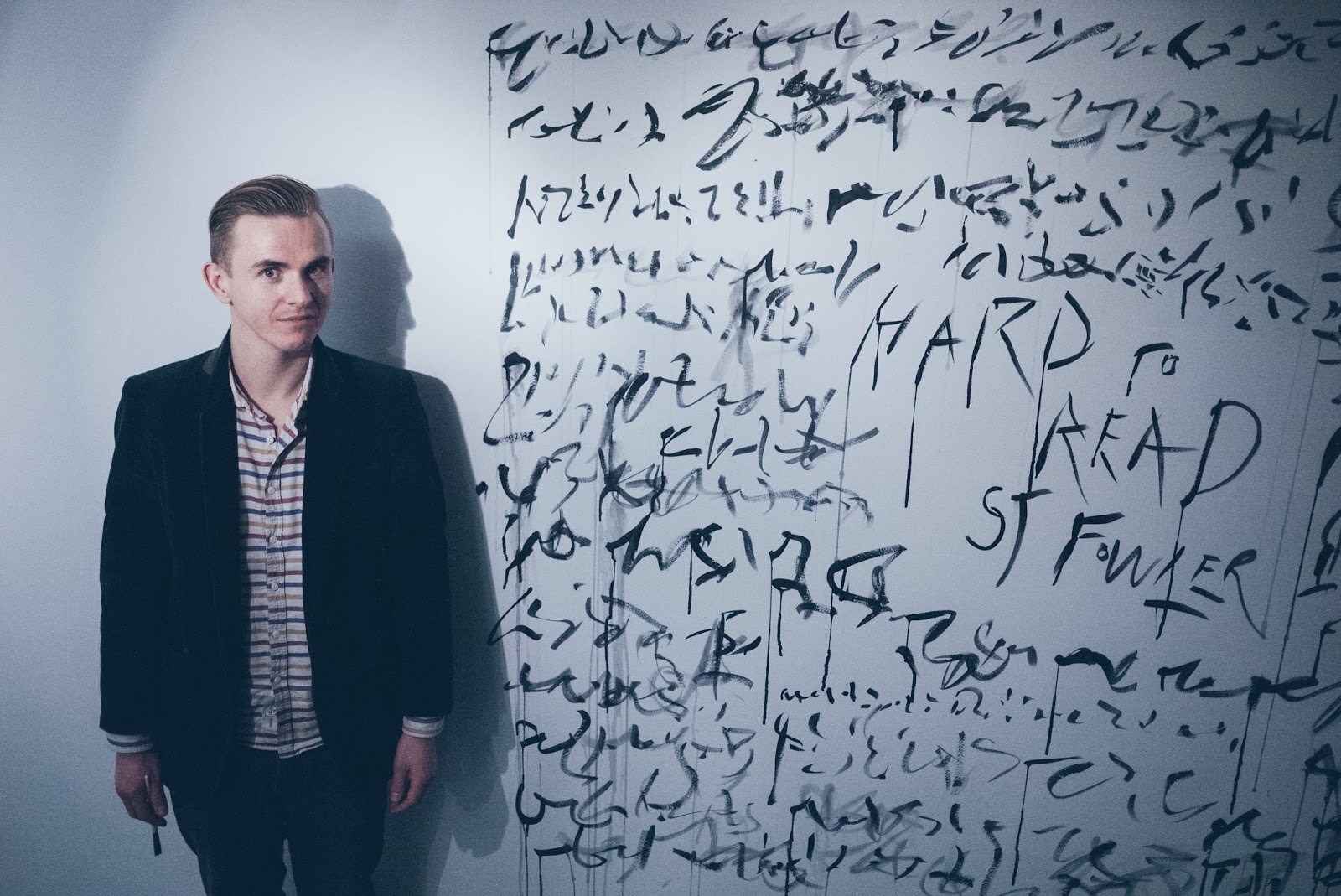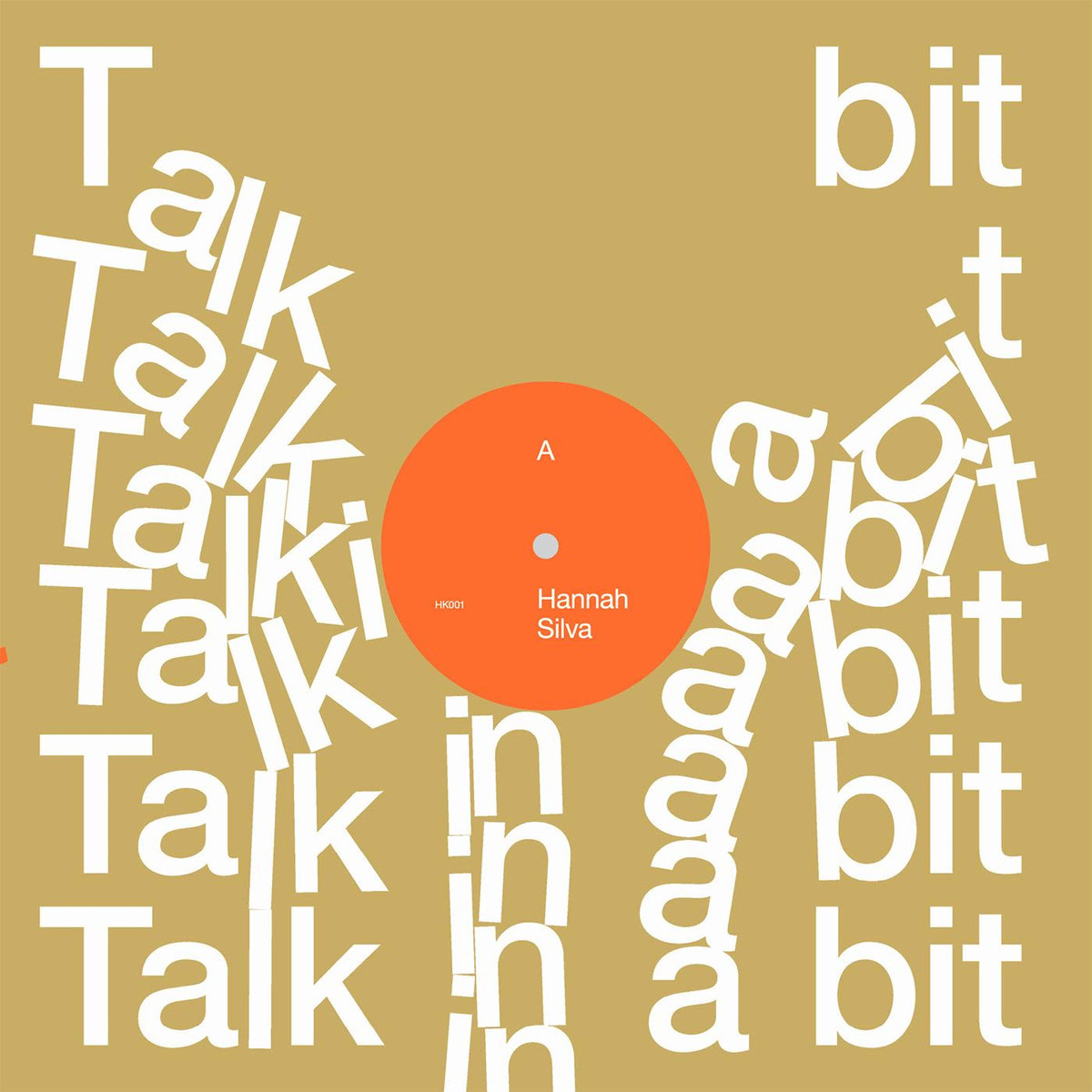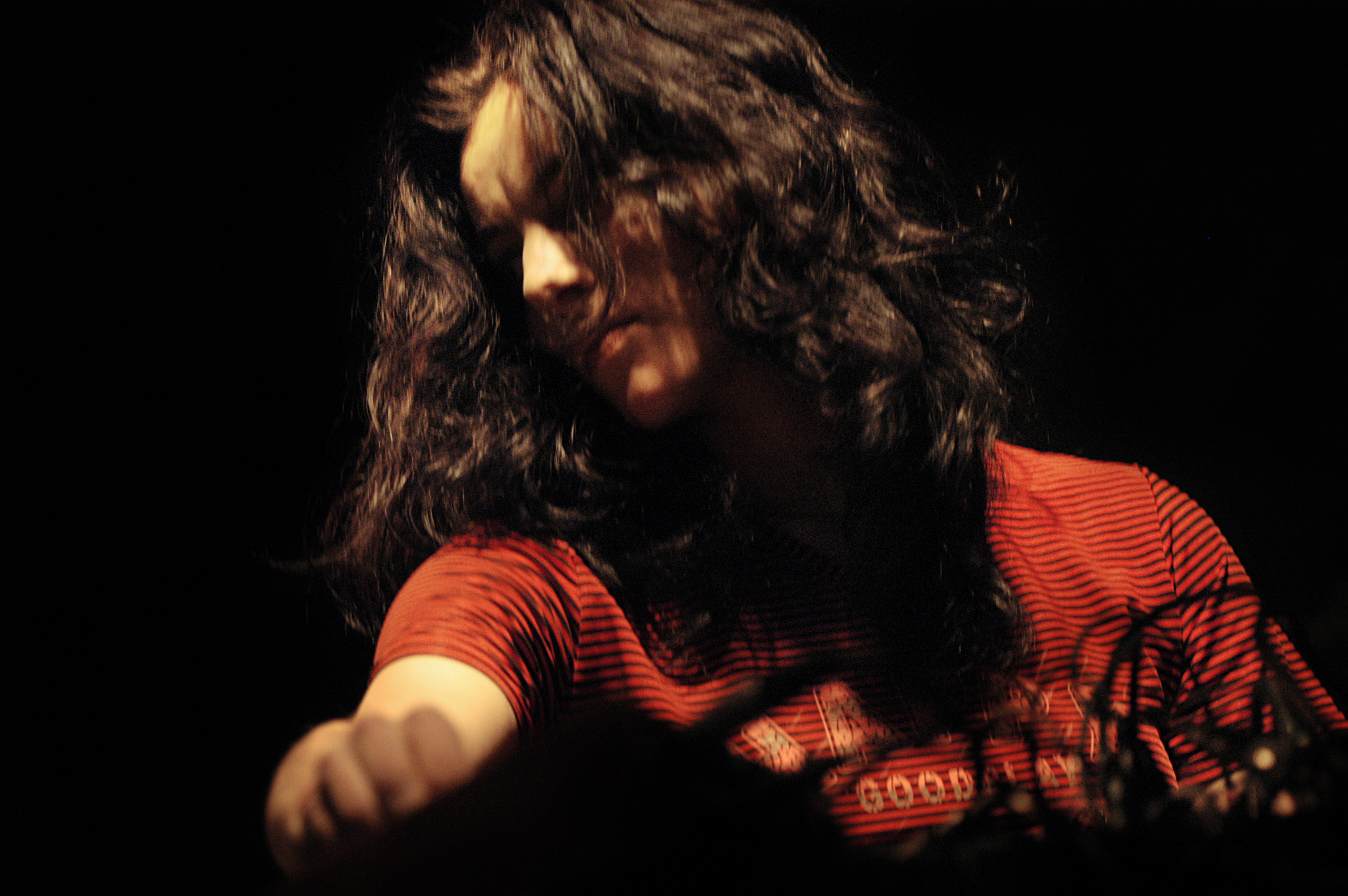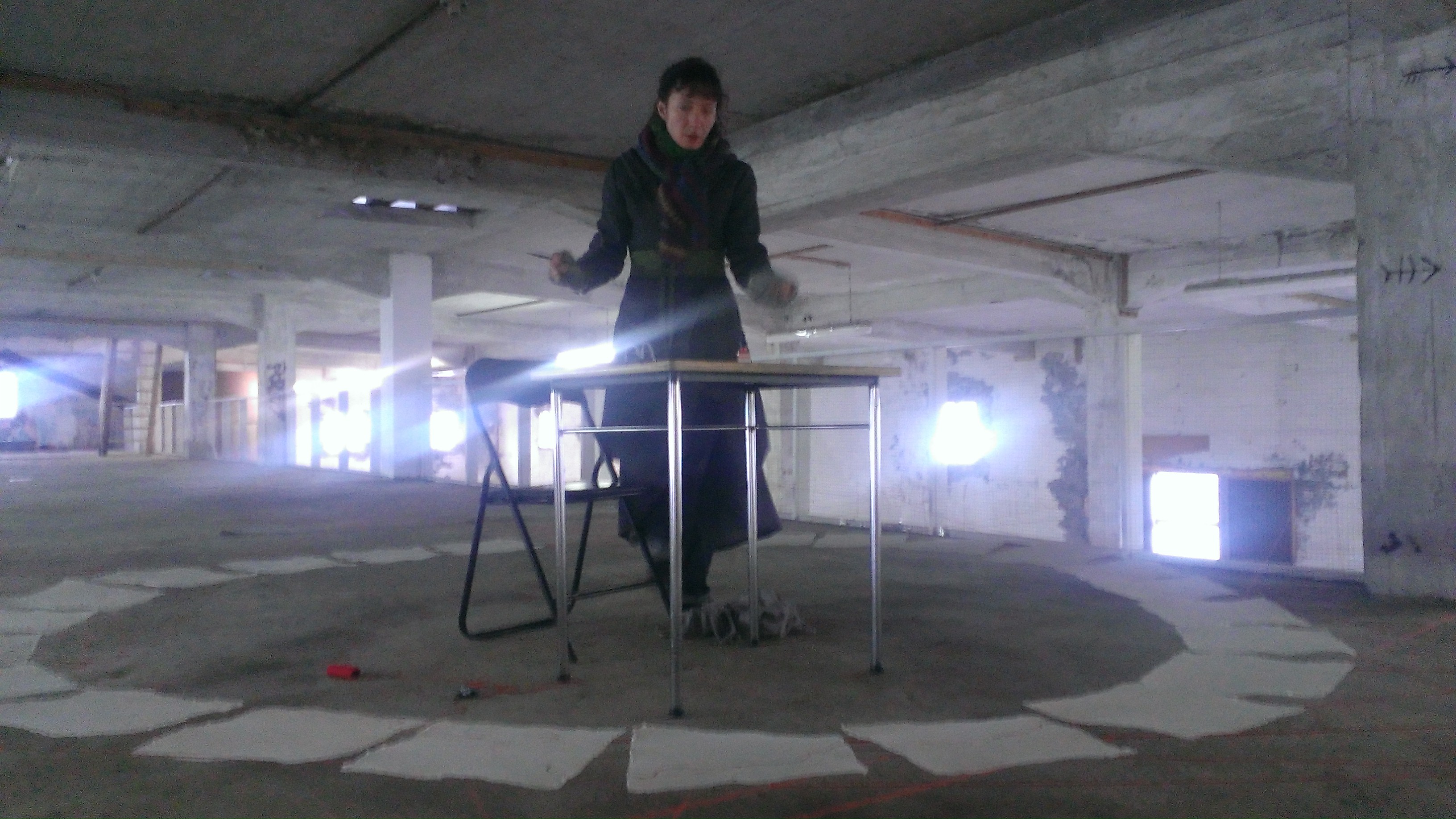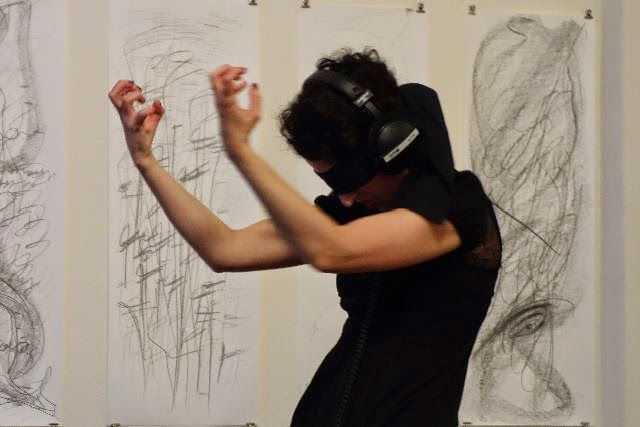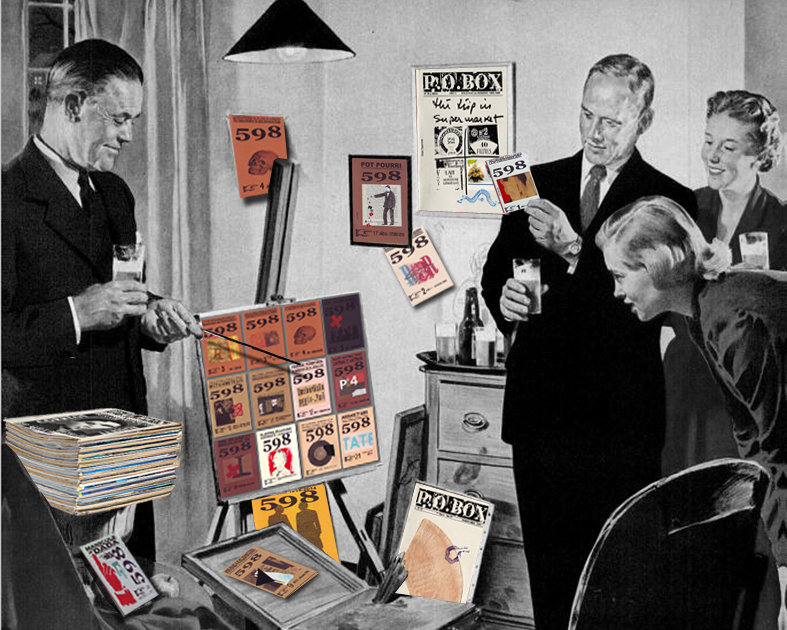 No âmbito de um trabalho curricular nos seus tempos de estudante, Pere Sousa descobriu Kurt Schwitters. Tão violento foi o deslumbre que o jovem catalão abandonou o curso das Belas Artes para se dedicar em exclusivo ao mestre alemão. O resultado é o merzmail.net, um dos arquivos mais impressionantes no campo da mail art e Merz.
No âmbito de um trabalho curricular nos seus tempos de estudante, Pere Sousa descobriu Kurt Schwitters. Tão violento foi o deslumbre que o jovem catalão abandonou o curso das Belas Artes para se dedicar em exclusivo ao mestre alemão. O resultado é o merzmail.net, um dos arquivos mais impressionantes no campo da mail art e Merz.
Os 130 anos Kurt Schwitters (e de Marcel Duchamp!) foram pretexto para uma conversa de tirar o fôlego, com Pere Sousa a partilhar o seu impressionante conhecimento sobre os detalhes da vida e obra de Kurt Schwitters.
Pere Sousa (Lleida, 1955) é o mentor da plataforma Merz Mail, dedicada não só à mail art, mas também à Poesia Sonora e Fonética, sendo que Kurt Schwitters ocupa um lugar central neste arquivo em linha. Em 1994, cria a Factoría de Activismo Cultural Merz Mail e, nessa mesma década, dedica-se a projetos como as zines P.O.BOX (1994-1999, 36 números) e 598 (2002-2015, 41 números), entre outras publicações monográficas, edições e traduções.
Continue reading →
